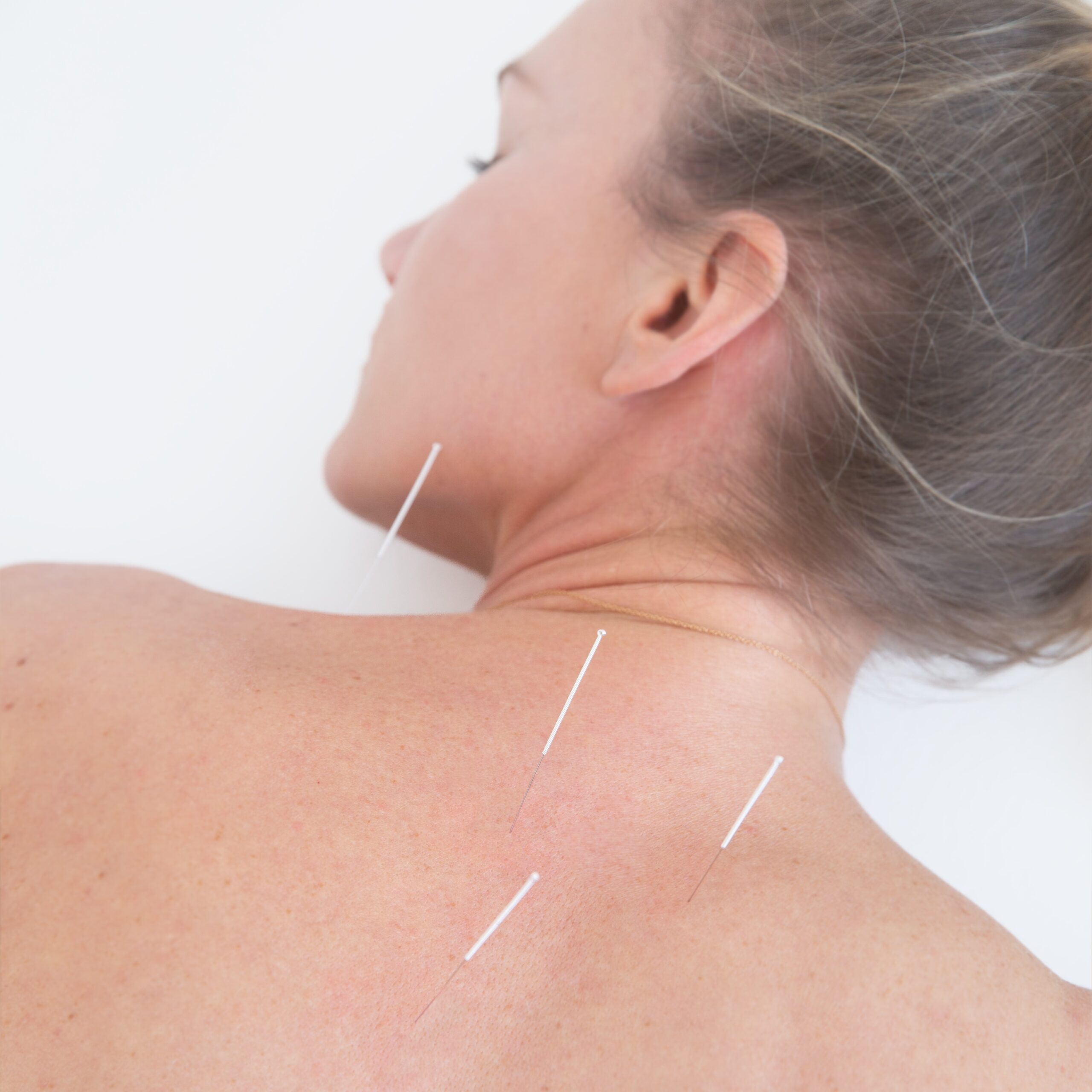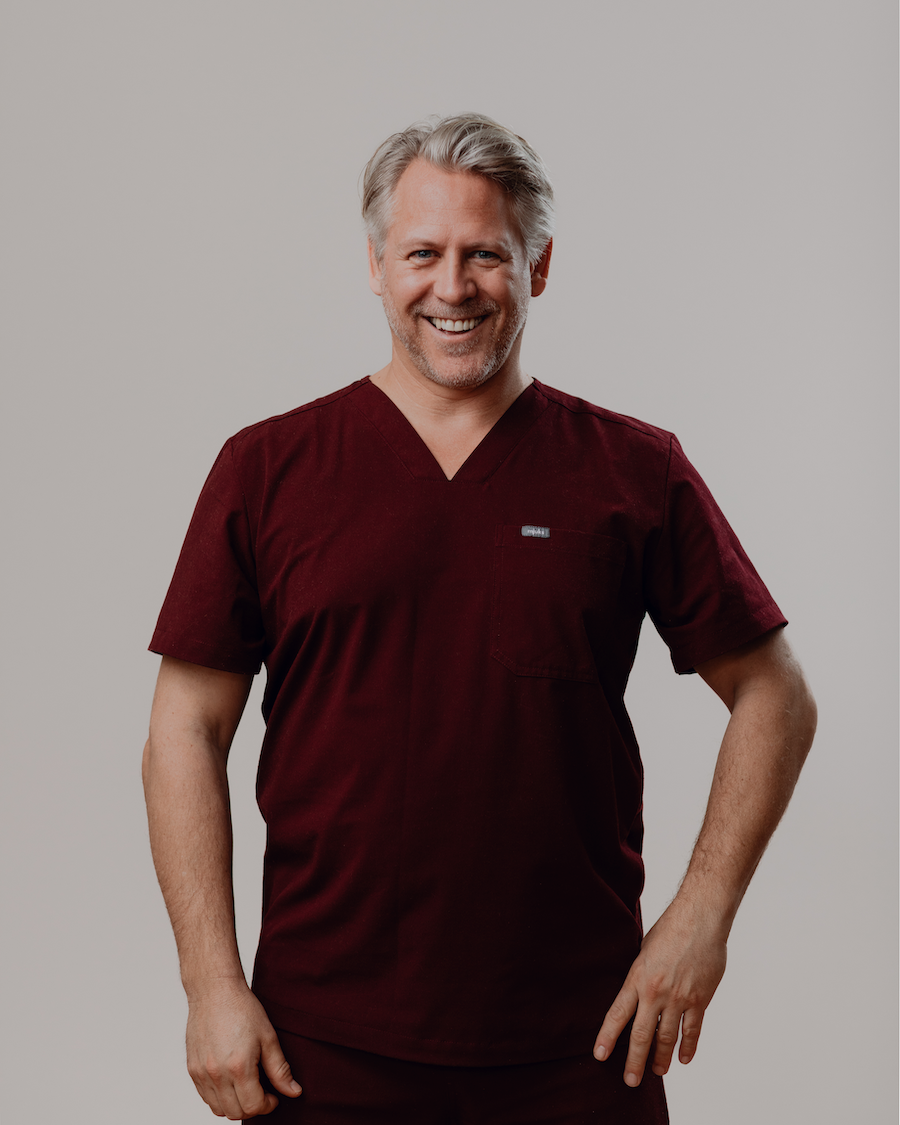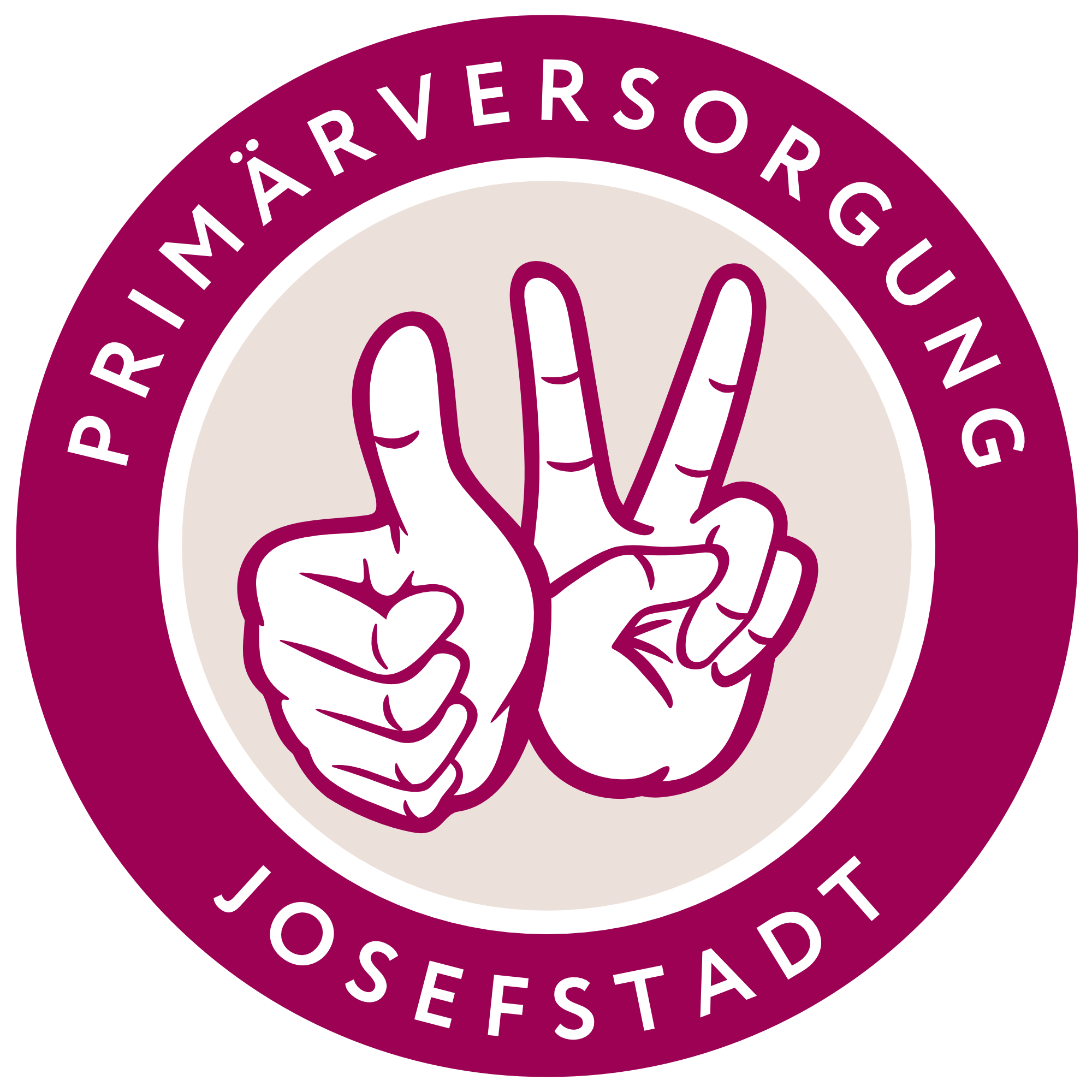Traditional Chinese Medicine (TCM)
Traditional Chinese Medicine (TCM)
WHAT IS TCM?
Chinese medicine helps
Diagnostics

Diagnostics
THERAPIES
Treatment options in TCM
Chinese medicines, acupuncture, tuina or qigong and nutritional therapy based on the Chinese diagnosis are used to restore or regulate disturbed functions.
INDICATIONS
Where TCM can help
- Allergies, hay fever, bronchial asthma
- Acute viral infections
- Chronic bronchitis
- Irritable bowel syndrome, irritable stomach
- Food allergies
- Chronic diarrhea
- Constipation (constipation)
- Crohn’s disease and ulcerative colitis (CED) – (chronic inflammatory bowel disease)
- Chronic hepatopathies (chronic liver diseases)
- Functional heart diseases
- Vegetative cardiac arrhythmias
- Latent hypertension
- Rheumatic diseases
- Anemia (anemia)
- Accompanying therapy for cancer
- Idiopathic facial nerve palsy (facial paralysis)
- Polyneuropathy
- Stroke rehabilitation
- Dizziness
- Multiple sclerosis
- Minimal cerebral dysfunction (dysfunction of the central nervous system)
- Developmental disorders in childhood
- ADHD (attention deficit hyperactivity disorder)
- Sleep disorders
- Depression and anxiety disorders
- Psychovegetative states of exhaustion
- Accompanying therapy for addictions
- Increased infections
- Chronic cold
- Cough
- Digestive disorders
- Clogging tendency
- Functional abdominal pain
- Allergies (neurodermatitis, asthma, hay fever, food)
- Restlessness and sleep disorders
- Headache
- ADHD (attention deficit hyperactivity disorder)
- Enuresis (incontinence)
- Back pain, sciatica, lumbar spine syndrome, cervical spine syndrome
- Joint pain (knee, hip, shoulder, elbow)
- Tendinosis such as tennis elbow or golfer’s elbow
- Neuralgia, trigeminal neuralgia, intercostal neuralgia, zoster neuralgia
- Phantom pain, stump pain
- Tension headaches and migraines
- Fibromyalgia and rheumatic pain
- Dysmenorrhea (severe menstrual pain)
- Cycle disorders
- Amenorrhea (absence of menstruation)
- Chronic genito-vaginal inflammation
- Fertility disorders
- Pregnancy sickness
- Edema and pain during pregnancy
- Facilitating birth
- Birth preparation
- Shortening the duration of birth
- Climacteric syndrome (menopause)
- Acne
- Rosacea (chronic inflammatory disease of the facial skin)
- Urticaria (hives)
- Pruritus (chronic itching)
- Psoriasis vulgaris (psoriasis)
- Neurodermatitis (atopic eczema)
- Chronic eczema
- Herpes zoster (shingles)
- Herpes simplex
- Lichen (chronic skin disease in the genital area)
- Cystitis (inflammation of the bladder)
- Prostatitis (inflammation of the prostate)
- Functional disorders of the urogenital tract
- Irritable bladder (overactive bladder)
- Urinary incontinence
- Enuresis nocturna (nocturnal enuresis)
- Impotence (erectile dysfunction)
- Infertility (infertility)
- Conjunctivitis (inflammation of the conjunctiva)
- Uveitis (inflammation of the skin of the eye)
- Juvenile myopia (short-sightedness in children)
- Glaucoma (green star)
- Sicca syndrome (dry eyes)
- Incipient macular degeneration (retinal calcification)
- Allergic rhinitis (hay fever)
- Acute and chronic viral infections
- Sinusitis (inflammation of the paranasal sinuses)
- Globe sensation (lump in the throat)
- Loss of odor
- Tinnitus (ringing in the ears)
- Recurrent otitis (inflammation of the middle ear)
THERAPIES
Treatment options in TCM
Chinese medicines, acupuncture, tuina or qigong and nutritional therapy based on the Chinese diagnosis are used to restore or regulate disturbed functions.
INDICATIONS
Where TCM can help
- Allergies, hay fever, bronchial asthma
- Acute viral infections
- Chronic bronchitis
- Irritable bowel syndrome, irritable stomach
- Food allergies
- Chronic diarrhea
- Constipation (constipation)
- Crohn’s disease and ulcerative colitis (CED) – (chronic inflammatory bowel disease)
- Chronic hepatopathies (chronic liver diseases)
- Functional heart diseases
- Vegetative cardiac arrhythmias
- Latent hypertension
- Rheumatic diseases
- Anemia (anemia)
- Accompanying therapy for cancer
- Idiopathic facial nerve palsy (facial paralysis)
- Polyneuropathy
- Stroke rehabilitation
- Dizziness
- Multiple sclerosis
- Minimal cerebral dysfunction (dysfunction of the central nervous system)
- Developmental disorders in childhood
- ADHD (attention deficit hyperactivity disorder)
- Sleep disorders
- Depression and anxiety disorders
- Psychovegetative states of exhaustion
- Accompanying therapy for addictions
- Increased infections
- Chronic cold
- Cough
- Digestive disorders
- Clogging tendency
- Functional abdominal pain
- Allergies (neurodermatitis, asthma, hay fever, food)
- Restlessness and sleep disorders
- Headache
- ADHD (attention deficit hyperactivity disorder)
- Enuresis (incontinence)
- Back pain, sciatica, lumbar spine syndrome, cervical spine syndrome
- Joint pain (knee, hip, shoulder, elbow)
- Tendinosis such as tennis elbow or golfer’s elbow
- Neuralgia, trigeminal neuralgia, intercostal neuralgia, zoster neuralgia
- Phantom pain, stump pain
- Tension headaches and migraines
- Fibromyalgia and rheumatic pain
- Dysmenorrhea (severe menstrual pain)
- Cycle disorders
- Amenorrhea (absence of menstruation)
- Chronic genito-vaginal inflammation
- Fertility disorders
- Pregnancy sickness
- Edema and pain during pregnancy
- Facilitating birth
- Birth preparation
- Shortening the duration of birth
- Climacteric syndrome (menopause)
- Acne
- Rosacea (chronic inflammatory disease of the facial skin)
- Urticaria (hives)
- Pruritus (chronic itching)
- Psoriasis vulgaris (psoriasis)
- Neurodermatitis (atopic eczema)
- Chronic eczema
- Herpes zoster (shingles)
- Herpes simplex
- Lichen (chronic skin disease in the genital area)
- Cystitis (inflammation of the bladder)
- Prostatitis (inflammation of the prostate)
- Functional disorders of the urogenital tract
- Irritable bladder (overactive bladder)
- Urinary incontinence
- Enuresis nocturna (nocturnal enuresis)
- Impotence (erectile dysfunction)
- Infertility (infertility)
- Conjunctivitis (inflammation of the conjunctiva)
- Uveitis (inflammation of the skin of the eye)
- Juvenile myopia (short-sightedness in children)
- Glaucoma (green star)
- Sicca syndrome (dry eyes)
- Incipient macular degeneration (retinal calcification)
- Allergic rhinitis (hay fever)
- Acute and chronic viral infections
- Sinusitis (inflammation of the paranasal sinuses)
- Globus sensation (lump in the throat)
- Loss of odor
- Tinnitus (ringing in the ears)
- Recurrent otitis (inflammation of the middle ear)
EXPERT
YOUR CONTACT PERSON
Your contact person
Dr. Florian Pichler

Young Florian was drawn from the beautiful Mondsee to study medicine abroad. He perfected his language skills in France and England. Today, he is the proud father of four children. Another “baby” was added in 2011 with the opening of his general practice at Lammgasse 5, and this offspring is also growing and thriving. Since the beginning of 2022, the group practice has been the center for primary healthcare in Josefstadt. His additional qualification in “Traditional Chinese Medicine” proves that he not only has an excellent command of “technical jargon” in general medicine. That all sounds pretty good? Then you should hear Florian Pichler sing or play the trumpet. Because here, too, he always strikes the right note.
His prescription-free recipe for life: LAUGHING IS THE BEST MEDICINE

Dr. Florian Pichler
Young Florian was drawn from the beautiful Mondsee to study medicine abroad. He perfected his language skills in France and England. Today, he is the proud father of four children. Another “baby” was added in 2011 with the opening of his general practice at Lammgasse 5, and this offspring is also growing and thriving. Since the beginning of 2022, the group practice has been the center for primary care in Josefstadt. His additional qualification in “Traditional Chinese Medicine” proves that he not only has an excellent command of “technical jargon” in general medicine. That all sounds pretty good? Then you should hear Florian Pichler sing or play the trumpet. Because here, too, he always strikes the right note.
His prescription-free recipe for life: LAUGHING IS THE BEST MEDICINE


